ACP105 Review
In a poster presentation titled, “In Vitro and In Vivo Profile of a Novel Tissue Selective, Orally Bioavailable Non-Steroidal Androgen Receptor Modulator,” ACADIA researchers present findings on ACP105, a novel non-steroidal SARM.ACP105 is shown to be as potent and efficacious as test in in vitro assays without interaction at other hormone receptors.
ACP105 is great for anabolism as it promotes the increased growth of lean muscle mass and tissues. It is excellent for individuals with muscle-wasting conditions and osteoporosis as it the increased strength, bone strength and density.
Increased strength means that bodybuilders and athletes can do more exercise and training. It also makes this SARM excellent for athletes and bodybuilders looking to gain more muscles quickly and easily.
This SARM possibly one of the most effective treatments available for osteoporosis although there is still not enough data to conclude this.
Besides increased muscle mass, ACP105 Canada provides excellent fat loss benefits. SARMs with strong androgen binding affinity can promote lipolysis, and although ACP105 does not have that strong of binding affinity, it is still one of the most effective SARMs available.
Despite weak binding affinity compared to other SARMs, ACP105 is still considered to be one of the best SARMS in today’s market.

ACP105 Benefits
ACP105, like SARM, shows excellent benefits that bodybuilders and athletes can take advantage.
increased growth of lean muscle mass and tissues.
excellent for individuals with muscle-wasting conditions and osteoporosis
gain more muscles quickly and easily.
increased strength
bone strength and density.
increased on balance,
speed,
endurance,
motor coordination
fat loss
ACP105 Uses
ACP105 is a partial agonist; meanwhile LGD4033 is a full agonist (using this comparison as LGD4033 has a lot of supporting data to compare to).
Full agonists induce greater levels of suppression, but are more potent (based on the information presented).
With ACP105 in particular, being a partial agonist it would result in less suppression, although it will also likely be weaker than LGD-4033 on a mg:mg comparison.
Raising the dose could make it formidable to heavy hitters like LGD4033, but referring back to the anabolic:androgenic rating of ACP105 (3.19:1), we can assume that the higher the dose, the greater the chance of suppression and androgenic
ACP105 side effects
This may still be minimal though, even at higher dosages, as ACP105 appears to have a much less significant effect on prostate size than Testosterone and DHT.
Based on the data provided, we can assume that a higher dose of ACP105 may yield effects formidable to that of Testosterone, with a very minimal presence of negative androgenic side effects.
So, perhaps there is a threshold dosage where one could achieve a stronger anabolic effect than something like S4 or maybe even LGD-4033 but with less suppression, but this remains to be seen as more data emerges.
How Strong Is ACP105?
To get a clear representation of just how strong of an effect this SARM has, each research subject undergoes ORX-induced atrophy (an orchiectomy), which is a surgical procedure in which one or both testicles are removed.
This is the surgical form of castration.
The point of this is that once the ACP105 is administered to the research subjects, you can calculate an exact figure that defines how anabolic and androgenic a compound is, based on the fact that there are no longer endogenous hormones skewing the results, and the research subject is essentially functioning from a baseline reading of 0 on all accounts.
1mg/kg per day was given to the research subjects, and that resulted in a very blatant anabolic effect.
The extent of this anabolic effect is measured in what % of hypertrophy occurs relative to the baseline that DHT would otherwise achieve had the research subject not undergone ORX-induced atrophy.
The % of anabolic activity was determined to be 67%, with only 21% reversal of the prostate gland (which is used to measure androgenic activity).
From this we can conclude that this SARM has an anabolic:androgenic rating/ratio of 3.19:1
There are several SARMs that have anabolic:androgenic ratios of 3:1 and up though, so this is fairly typical.
While we can vaguely gather what we can expect from this compound (the comparisons that come to mind are Ostarine and S4), without knowing the binding affinity of the compound we can essentially only make shot in the dark guesses.
We do know what kind of interaction ACP105 has with the androgen receptor though, which helps shed light on things a bit more.
Based on the information that was available, we know that ACP105 is a partial agonist.
Full agonists induce greater levels of suppression, but are more potent (based on the information presented).
Partial agonists on the other hand, are less suppressive, but are typically weaker relative to Testosterone and DHT, which is the case with ACP105.
A fairly low concentration of ACP105 attaches to the androgen receptor better than DHT does, and is blatantly weaker than Testosterone and DHT in general.
In one sense, this is a disappointment as we are all awaiting the release of the end all be all SARM that is only exerts minor suppression, has minimal/zero androgenic side effects, and can rival or beat Testosterone in overall anabolic activity.
This is asking a lot though, and it would be more useful to simply compare ACP105 to the other most promising mainstream SARMs to determine if it has a place in a researchers up and coming test protocols.
ACP105 Effect On Speed, Endurance, Balance, Strength, And Motor Coordination
One study in particular assessed the effects of the SARM ACP105 on rotorod performance, which is essentially a performance test used to assess speed, endurance, balance, strength and motor coordination.
Now, the study also involved exposure to radiation and was actually intended to see if mice that were administered ACP105 would undergo the same degradation of rotorod performance as mice that weren’t on the SARM.
The findings revealed that ACP105 may offer protection against the effects of radiation, which is great and all, but the key thing to pull from this study is that ACP105 was the main factor that offset the degradation of rotorod performance, hence we can assume that ACP105 treatment might contribute to overall increased speed, endurance, balance, strength and/or motor coordination.







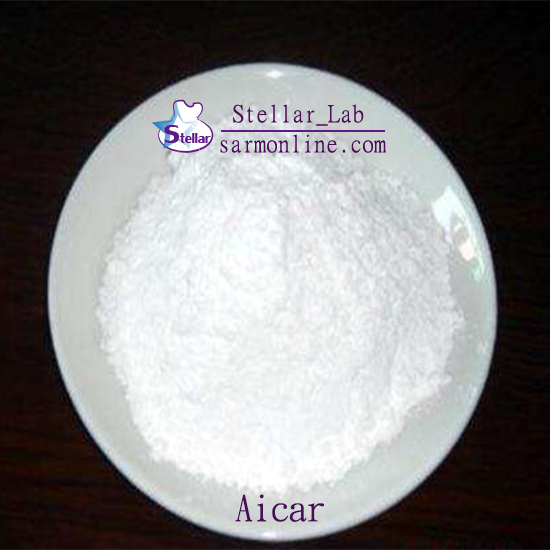
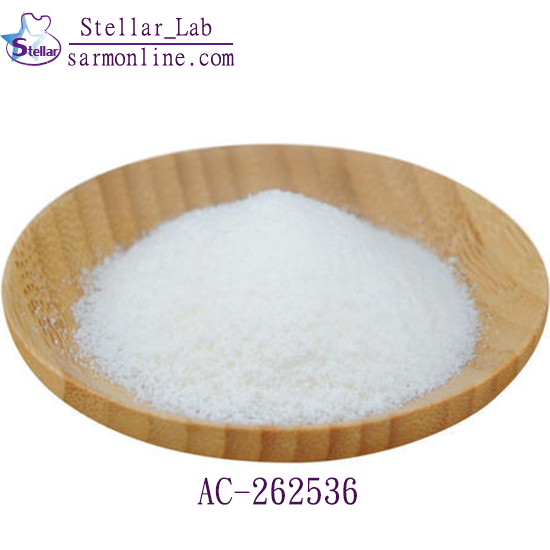
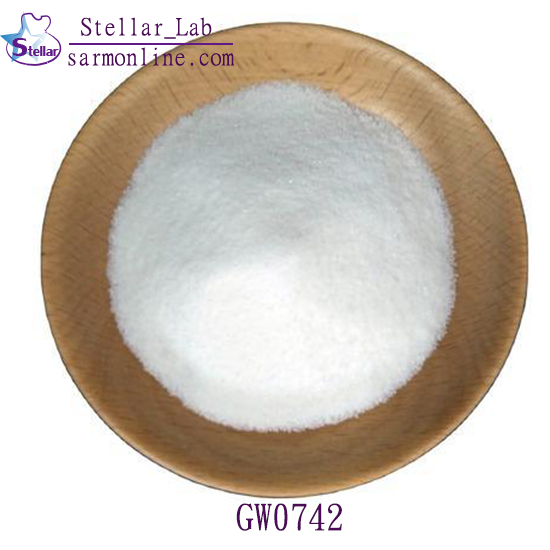
 Miracle Retatrutide: 24.2% weight loss after 48 weeks, expected to reverse fatty liver disease
Miracle Retatrutide: 24.2% weight loss after 48 weeks, expected to reverse fatty liver disease HCG peptide
HCG peptide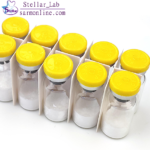 Tirzepatide peptide
Tirzepatide peptide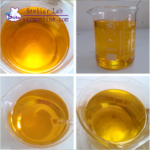 Tri Tren 180 liquid steroids
Tri Tren 180 liquid steroids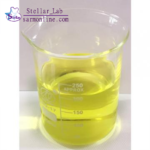 Test Blend 500 liquid steroids
Test Blend 500 liquid steroids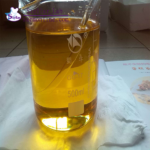 Test 400 liquid steroids
Test 400 liquid steroids BPC-157peptide
BPC-157peptide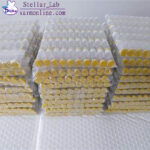 TB500 Peptide
TB500 Peptide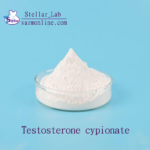 Testosterone cypionate/Depo-Testosterone
Testosterone cypionate/Depo-Testosterone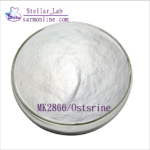 Ostarine MK2866
Ostarine MK2866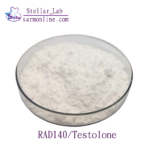 Testolone RAD140
Testolone RAD140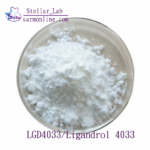 Ligandrol LGD4033
Ligandrol LGD4033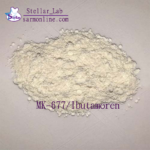 Ibutamoren MK677
Ibutamoren MK677 Thymalin
Thymalin KissPeptin 10
KissPeptin 10 Hexarelin
Hexarelin